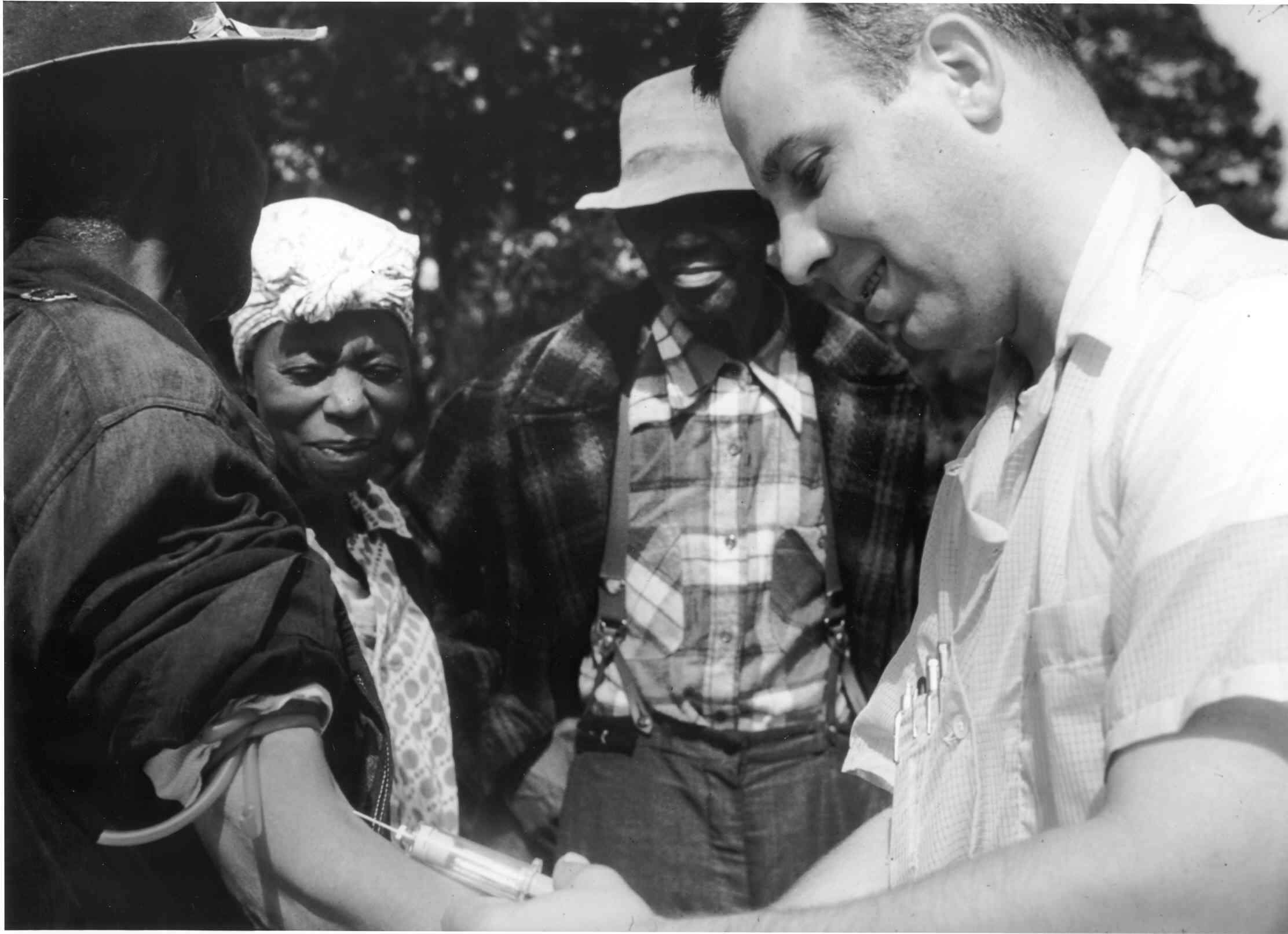How Racism Is Shaping the Coronavirus Pandemic
By Isaac Chotiner,
The New Yorker
| 05. 07. 2020
The historian Evelynn Hammonds talks about how false theories of “innate difference and deficit in black bodies” have shaped American responses to disease, from yellow fever to syphilis to COVID-19.
Evelynn Hammonds, who chairs Harvard’s department of the history of science, has spent her career studying the intersection of race and disease. She wrote a history of New York City’s attempt, a century ago, to control diphtheria, and is currently at work on a book of essays on the history of race, from Jefferson to genomics. Hammonds’s area of expertise is especially relevant today: while the data is incomplete, at this point in time, African-Americans represent nearly a third of U.S. deaths from the coronavirus pandemic and thirty per cent of covid-19 cases, despite making up only about thirteen per cent of the population. Hammonds noted recently, “This new development of what has happened with the pandemic with respect to African-American communities” is “perhaps an old development.”
I spoke by phone with Hammonds, who is currently hosting a series of Webinars with academics and experts at Harvard on African-Americans and epidemics in American history, from the eighteenth century to the present day. As she stated in one of the sessions, “I can’t imagine saying that we have to...
Related Articles
By Scott Solomon, The MIT Press Reader | 02.12.2026
Chris Mason is a man in a hurry.
“Sometimes walking from the subway to the lab takes too long, so I’ll start running,” he told me over breakfast at a bistro near his home in Brooklyn on a crisp...
By Katrina Miller, The New York TImes | 02.05.2026
Joseph Yracheta: The Native Biodata Consortium is the first nonprofit data and sample repository within the geographic bounds and legal jurisdiction of an American Indian nation, on the Cheyenne River Sioux Reservation in Eagle Butte, S.D.
NativeBio participated in a ...
By David Jensen, California Stem Cell Report | 02.10.2026
Touchy issues involving accusations that California’s $12 billion gene and stem cell research agency is pushing aside “good science” in favor of new priorities and preferences will be aired again in late March at a public meeting in Sacramento.
The...
By Lauren Hammer Breslow and Vanessa Smith, Bill of Health | 01.28.2026
On Jan. 24, 2026, the New York Times reported that DNA sequences contributed by children and families to support a federal effort to understand adolescent brain development were later co-opted by other researchers and used to publish “race science”...




